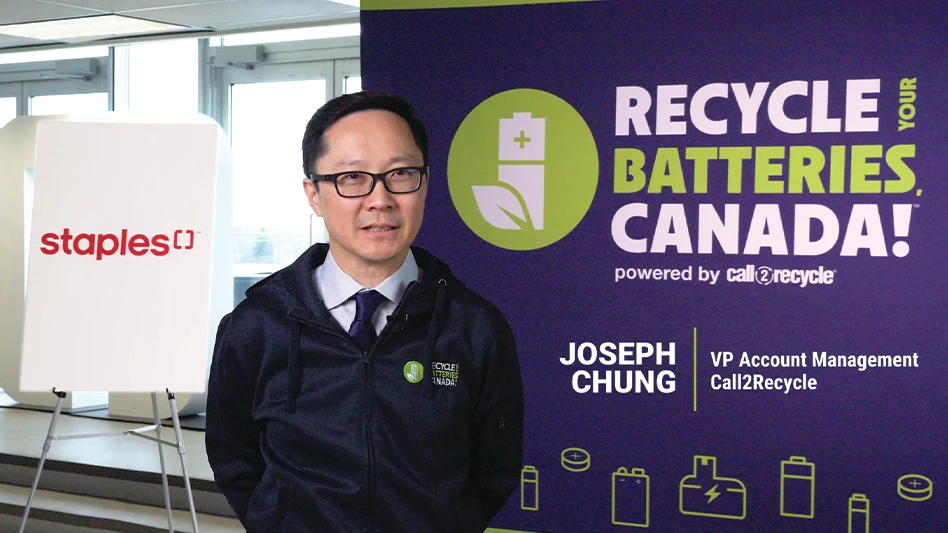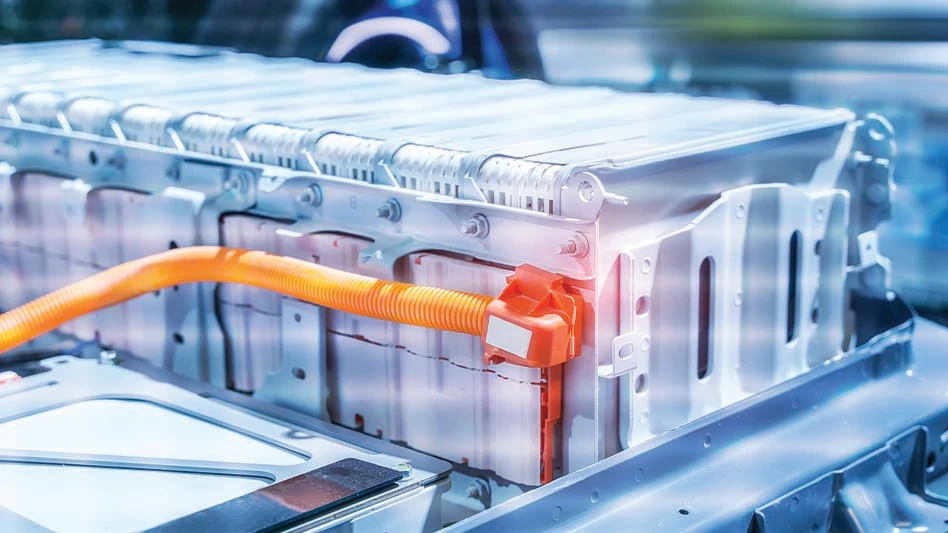WAITING IT OUT
Generation of post-industrial plastics continues to decline as the first quarter of 2009 progresses, with one source reporting handling 30 percent less volume compared to early 2008.
With confidence faltering, consumers are putting off big-ticket purchases, such as automobiles, because they are concerned about the longevity of their jobs amid the troubled economy. The U.S. labor market has lost 3.6 million jobs since December 2007, according to a Bloomberg report, and the unemployment rate has climbed from 4.4 percent in 2007 to 7.6 percent in February, with many economists forecasting the unemployment rate reaching 10 percent.
While generation is down, some sources say the decline is exacerbated by generators who are holding on to their scrap in the hopes of seeing higher prices in the future. "I think there is material out there, but people who have storage capacity are holding on to it," says a reprocessor based in the Southeast. "If prices would go up, it would make its way out on the market."
A recycler based in the Midwest says generators were hoarding material before the end of 2008, hoping for better prices, but this is less of a factor now. He says the primary reason behind the decline in generation has to do with the decrease in manufacturing activity.
In light of the constrained supply of secondary material, pricing has rebounded somewhat. "Pricing is up; it’s just a matter of getting enough material," the recycler based in the Midwest says. "That’s our issue right now. We are confident we can buy and sell at the right price, but there is not nearly as much material being generated."
The recycler based in the Southeast says, "We are just trying to bring in material we know we can sell."
PP (polypropylene) and polyethylene have posted price gains recently. The reprocessor based in the Southeast says pricing has been increasing incrementally for PP in February, which she calls "a positive trend."
Additionally, the recycler based in the Southeast says, "Some of the prime material in the pipeline has gone away." As a result, some secondary plastics have inched upward in price.
However, PC/ABS (polycarbonate/acrylonitrile butadiene styrene), which is used largely in the manufacturing of automobiles and electronics, is suffering from low demand, as might be expected considering the depressed demand these finished products have been experiencing.
While the Midwest recycler says he hopes the recently passed American Recovery and Reinvestment Act will stimulate the domestic economy as intended, he says the potential benefits likely won’t be felt until this summer at the earliest.
Other consuming industries are faring somewhat better than the automotive, electronics and housing industries. The recycler based in the Midwest says the medical sector is still holding up, as are portions of the food packaging sector. The recycler based in the Southeast adds that packaging for the cosmetic sector as well as portions of the material handling industry also seem to be faring well, as is agriculture.
Export activity also has perked up somewhat for select material. "China is back in the market, but they are only buying certain things," says the Midwest-based recycler. And, like domestic consumers, "They are not buying the more exotic stuff because it’s used in electronics and automotive," he adds.
(Additional news about plastics recycling markets is available online at www.RecyclingToday.com.)
Get curated news on YOUR industry.
Enter your email to receive our newsletters.

Explore the March 2009 Issue
Check out more from this issue and find your next story to read.
Latest from Recycling Today
- Recycled steel price crosses $500 per ton threshold
- Smithers report looks at PCR plastic’s near-term prospects
- Plastics association quantifies US-EU trade dispute impacts
- Nucor expects slimmer profits in early 2025
- CP Group announces new senior vice president
- APR publishes Design Guide in French
- AmSty recorded first sales of PolyRenew Styrene in 2024
- PRE says EU’s plastic recycling industry at a breaking point





